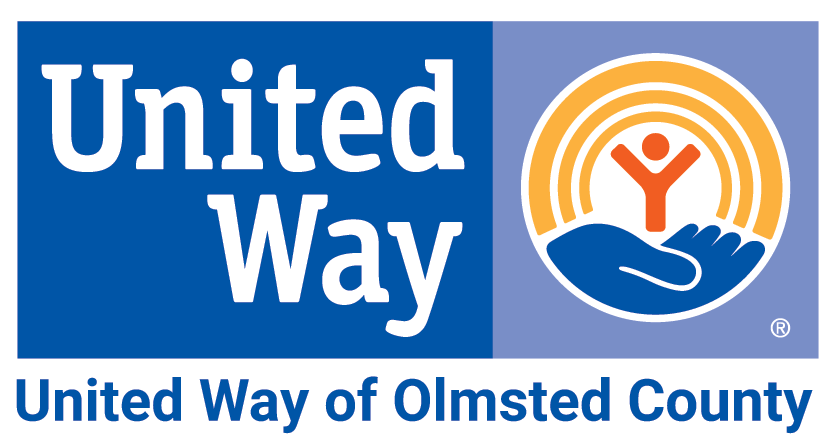Budget Help Page
United Way has developed this page to provide technical assistance to programs submitting grant proposals, particularly small and grassroots organizations who may not have experience submitting a program budget in the past. These guidelines may also be useful for programs and agencies who have not previously applied for United Way funding, or for agencies that plan to create a new program with United Way funding.
Program Budget:
We request programs to submit a program budget to the funding review team, but we do not have a set format in which we require this information. If your program already has a budget, stop here and submit that with your grant proposal - there is no need to create new work for yourself! If your program is starting from scratch, you can download the following budget template here.
Income:
UWOC Request is the dollar amount you are requesting from United Way in your proposal. This is an annual amount.
Other UW refers to any United Way funding you receive through designations through our workplace campaigns. It is not the same as grant money you receive from UWOC.
Earned Income is generated by providing services or goods. Examples could include fees paid by participants, fundraising sales, renting out space, etc.
In-Kind Donations can be hard to quantify. They are donations that your programs receive that they otherwise would have paid out of pocket. For example, if you planned to rent a bus to transport students to an event but the rental company let you rent for free, you value the in-kind donation by how much money you saved. Frequent in-kind donations are technology, office equipment, meeting space, and marketing. Volunteer time counts as in-kind if it is operational (accounting, training, etc.) but is not in-kind if the volunteer is providing direct services.
Expenses:
Direct Services Personnel includes the wages and benefits of the individuals who do the on-the-ground work with program participants.
Grants to Individuals account for money that 'passes through' your organization to program participants. Examples could be the money that was paid out as rent assistance, the portion of the participation fee that was paid by your agency, tuition scholarships to students, etc.
Contract Services are those instances in which you pay another agency or company for services. Common examples are consultants, researchers, legal and accounting services, or office equipment maintenance.
Program Supplies are those supplies needed by the program, such as books, art supplies, sports equipment, etc. that are used by program participants and staff.
Advertising and Promotions can include the cost of social media advertisements, newspaper listings, billboards, radio spots, and TV commercials.
Office Expenses are those supplies such as paper, pens, paper clips, and so on. Often, these are not purchased by the program specifically, but by the agency. Your program's office expenses may be calculated as a certain percentage of your agency's office expenses, as long as the organizational and program budget line up. Don't forget to include utilities!
Information Technology can include software subscriptions and technology purchases.
Travel/Mileage is the amount reimbursed to employees for travel outside of their normal commute, the current rate is 56¢/mile. It can also cover the costs of hotels, car rental, fuel for rental vehicles, and airplane tickets.
Administration/Overhead are expenses for your overall operations and management - for example, costs of Board of Director meetings and centralized services such as office management and human resources.
Other Attachments We Require
IRS Determination Letter:
Is a letter from the IRS that determines your tax status. For most funded program partners, it acts as proof that your agency acts as a non-profit. For very few partners, it will demonstrate to us that your agency is a faith-based organization or branch of government. If your nonprofit has misplaced your IRS determination letter, you can get a copy by calling the IRS at 1-877-829-5500 and give them your agency's name and Employer Identification Number (EIN).
Agencies who do not yet have 501(c)(3) status are encouraged to apply to United Way funding as long as they have a designated fiscal sponsor. If this applies to you, please contact us at 507-287-2000.
Most Recent Audited Financial Statements:
1. Applicants and partners receiving Community Fund awards required by Minnesota state law to conduct an annual independently prepared financial audit (i.e. those with total revenues in excess of $750,000) shall deliver said audit documents to the United Way of Olmsted County (UWOC) immediately upon receipt.
